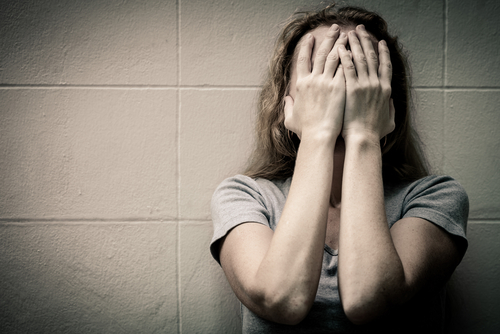Depression And Dementia May Be Related, Study Suggests

 A team of researchers who conducted an eight-year study of elderly people believe they have found a relationship between depression and dementia that suggests that treating the first can reduce a part of the effects of the second.
A team of researchers who conducted an eight-year study of elderly people believe they have found a relationship between depression and dementia that suggests that treating the first can reduce a part of the effects of the second.
The study, published in the journal Neurology, indicates that older people with depression are more likely to develop dementia, even though the authors can’t assess the exact cause-effect path between both and still cannot conclude if depression induces dementia or dementia causes people to become depressed.
According to an article by Dennis Thompson for the HealthDay Reporter, Robert Wilson, the lead author of the study and senior neuropsychologist at the Rush Alzheimer’s Disease Center, explained that depression is a risk factor for dementia that should be taken “seriously” and that its treatment “can reduce the risk of dementia in older people.”
During the trial, every year, 1,700 people with an average age of 77 and with no thinking or memory problems at the beginning of the study were monitored for depression symptoms and went through memory and thinking tests.
From the total number of participants, about half of them developed mild issues with memory and thinking skills and a total of 315 (18%) developed dementia.
A total of 680 of the participants died during the process and 582 autopsies were conducted to find signs in the brain that suggest the presence of dementia.
[adrotate group=”3″]
The investigators observed that high levels of depression prior to dementia were related to more drastic decreases in brain skills (thinking and memory). However, dementia’s trigger didn’t seem to be related to an increase in depression. In fact, researchers believe that the opposite appeared to be more likely.
The explanation seems to lie in the fact that the loss of thinking and memory skills doesn’t provide people with the necessary information to be aware of depression and to remain depressed. “Depression depends on a certain continuity of experience that becomes disrupted as you develop dementia. It’s left to the rest of us to feel depressed as we watch our loved ones slip into dementia,” Wilson said.
However, researchers reinforced, it wasn’t possible to establish a relationship between depression and brain damage caused by dementia.
With that in mind, some experts, like Dr. Alan Manevitz, clinical psychiatrist at Lenox Hill Hospital (NY), are led to believe that treating depression could only prevent a part of the age-related brain skill’s decline.
“Clearly, attending to depression during one’s life, just like exercise or eating right, will lead to at least deferring some of the mental decline that comes with aging,” he said, adding that, “if you treat depressive symptoms, you may be able to reverse some part of the decline that’s related to the depression.”
According to the lead investigator of the study, research should now focus on finding out how these cause-effect relationships work in order to achieve clearer and conclusive results and to determine the best treatment for depression that effectively helps to “reduce the risk of dementia.”
“We must try to identify structures and functions in the brain that are linked to depression in old age and could help explain depression’s link to dementia,” he said.






